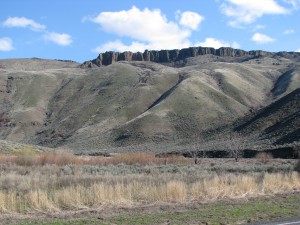Ahh, spring break, a week of fun, friends, and…no school! Okay, I admit it’s been awhile since I’ve been in school, even college, but I can still remember that great pause in the school year. It’s a time to realize that school is mostly over and that summer will soon be here. It’s a time of hope.
Most of my spring break memories are happy ones, sleeping late, hanging with my friends, getting a start on baseball season. But the most specific memories are are negative ones, like having to write reports during the week off. One year my report was on the countries of South America, another year I wrote about cement. Cement? That’s right, that gooey gray stuff that slides out of mixing trucks and makes driveways or sidewalks or patios. If you’re fast (and sneaky) enough, you can use a stone, a stick, or even your finger to make your initials in the cement before it dries. Don’t get caught, though. The guys who smooth the cement aren’t real thrilled about you messing in their work.
Anyway, the year I wrote the cement report – seventh grade – had the best spring break weather ever. Sunny and warm. Shorts weather. But there I was, stuck in my stuffy bedroom with the the C encyclopedia and booklets from a national cement company, wanting to copy word-for-word the text from those resources but knowing it wouldn’t be worth it. So there I sat, stood, and paced hour after hour trying to change the words around just enough so they would sound like they came from a kid, not a book.
It worked, pretty much. In the end, I finished the report and got a grade of B- on it, but I would trade all I learned about cement for those hours lost being twelve years old.
What about you? What’s something you remember about spring break?

